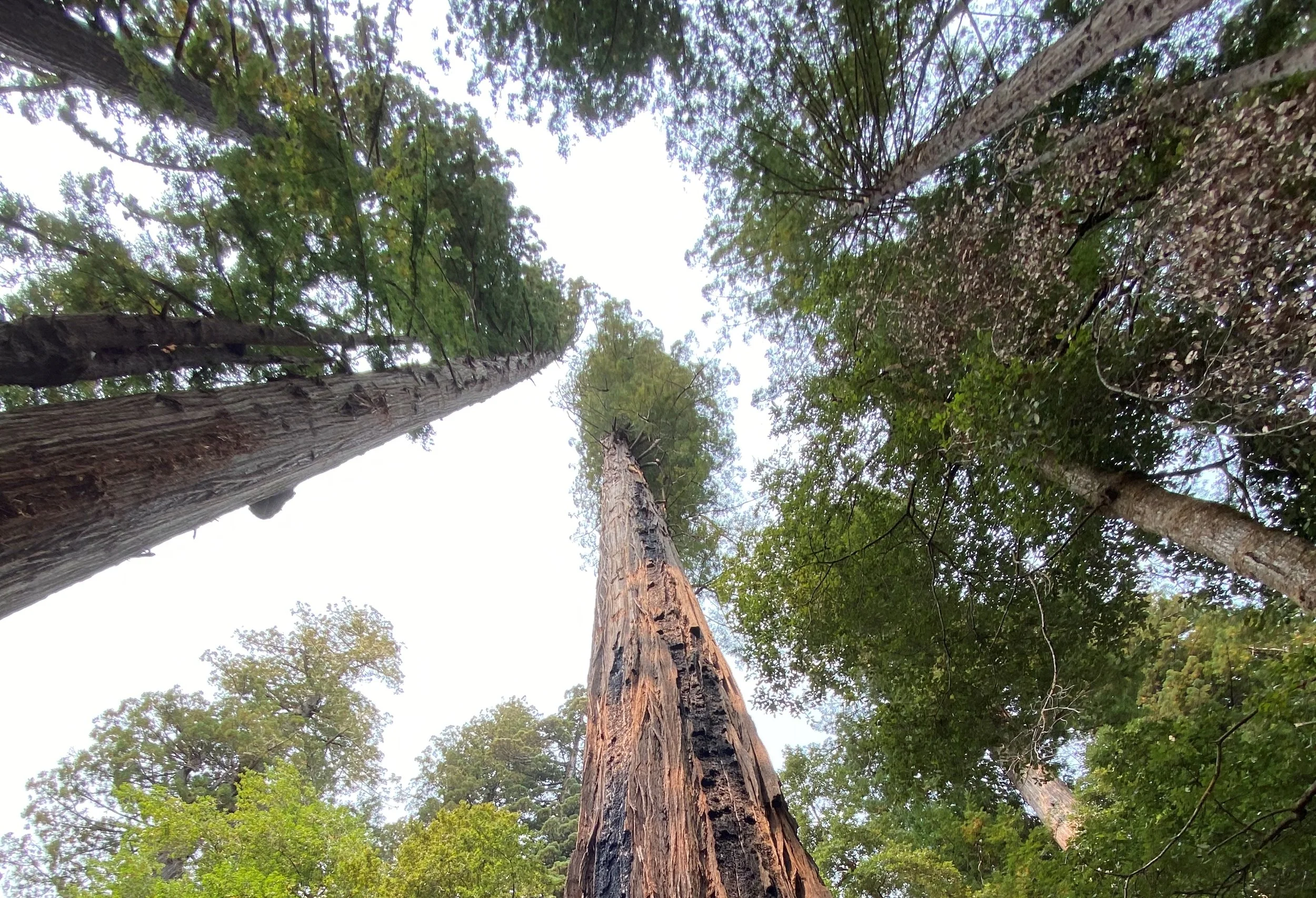I will be presenting my paper Merleau-Ponty and the Silence of the Forest at the 2022 Pacific Association for Continental Philosophy conference.
Paper Abstract:
Following Valéry, Merleau-Ponty poetically finds language as the voice of nature, particularly of the forest.[1] Central to Merleau-Ponty’s philosophy is his emphasis on silence and the interplay of language and silence as expressions of being. Perception is mediated by silence, which precedes and accompanies articulation. This interplay is also essential to Merleau-Ponty’s conception of nature, and for him, nature is “the World of Silence.”[2]
While Merleau-Ponty’s discussions often address nature as a broad whole, he occasionally regards plants in his writing such as his meditations on a tree to examine the cogito in terms of eternity and subjectivity in Phenomenology of Perception. Of the trees outside his window, he notes, “my vision of the tree (for example) as a mute ecstasy [extase] in an individual thing already envelops a certain thought that I am seeing [pensée de voir].”[3] Critical here is his focus on the mute experience of tree in the moment of perception. It is in part from this mute silence as an embodied act in relation to an arboreal being in the world that his engagement with Cartesian philosophy flows into language.
Such an engagement with the alterity of non-human others such as trees, especially within places devoid of human infrastructure like the forest, allows for pauses between words or stillness between footfalls. In places like the forest, silence can be prolonged and language as an articulation of percipient experience comes to the fore. Of course, the forest itself is not mute, though wordless. Beyond the noises made by animals and insects or the wind in their leaves, trees are imperceptibly creating sound and communicating via chemical signals on the air and through their roots. These exchanges are often inaccessible to unaided human perception, contributing to an encounter with silence in the forest.
Merleau-Ponty’s phenomenological conception of the interplay between silence and language lends itself to engagement with unspeaking nonhuman beings. As environmental crisis draws nearer, an articulation of the human experience of “mute ecstasy” with nonhuman others such as trees can engender passions and potentially lead to protections for the forests. In this paper, I will discuss silence in Merleau-Ponty’s philosophy along with his relationship to trees and consider how silence furthers an articulation of embodied experience with contemporary forests.
[1] Maurice Merleau-Ponty, The Visible and the Invisible, trans. by Alphonso Lingis, ed. by Claude Lefort (Evanston, Illinois: Northwestern University Press, 1968), 155.
[2] Merleau-Ponty, “La nature ou le monde du silence,” in Maurice Merleau-Ponty, ed. Emmanuel De Saint Aubert (Paris, France: Hermann, 2008), 44-53.
[3] Maurice Merleau-Ponty, Phenomenology of Perception, trans. by Donald A. Landes (New York: Routledge, 2012), 388.
